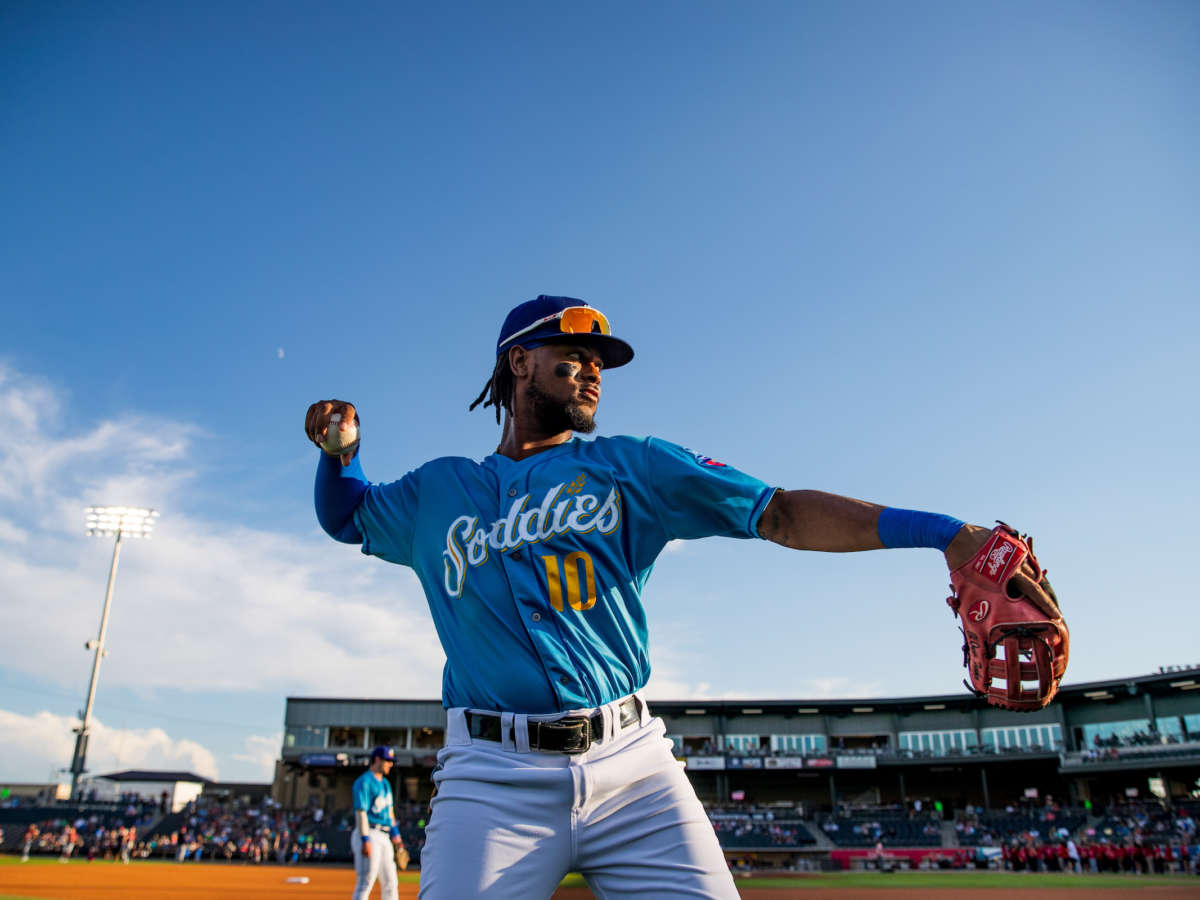For the first time since minor league baseball was created in 1901, minor league players are unionized after Major League Baseball (MLB) voluntarily recognized the union on Wednesday.
MLB announced its intent to recognize the union last week after over half of minor leaguers signed union authorization cards, which were certified by an arbiter this week. Players are now represented by the Major League Baseball Players Association (MLBPA), which has represented major league players since the 1960s.
The union celebrated the news. “I applaud this extraordinary group of young Players and welcome them to the MLBPA,” MLBPA Executive Director Tony Clark said in a statement. “This historic achievement required the right group of Players at the right moment to succeed. Minor Leaguers have courageously seized that moment, and we look forward to improving their terms and conditions of employment through the process of good faith collective bargaining.”
Players will begin negotiating their first contract after the end of the current season in October, with Clark saying that he hopes players will have their first agreement before they begin spring training.
One of the biggest priorities for players is expected to be salary. Minor league players currently make only between $290 or $700 a week during the season, or an average of around $12,000 per season, leaving many players below the poverty line. Union advocates say that most players have to take second jobs or even third jobs in order to stay afloat.
“This is my eighth year,” union organizer Andres Angulo, a catcher in the Baltimore Orioles’s system, told The Athletic in an article published last week. “Last year, I went home with $500 in my pocket. And I don’t think that’s something that I want for my life. But I’m still in baseball, just because I have a dream to make it to the big leagues. But I don’t think that’s fair for us.”
Seeking to ease some of that financial strain, minor leaguers fought for and won MLB-provided housing for this year. Players’ advocate group Advocates for Minor Leaguers celebrated the decision as a victory for players, but criticized the MLB for placing two players per bedroom and for excluding players with families from the plan, which the group said was decided unilaterally by the MLB with no input from players.
Players have been organizing for at least six years, according to ESPN, after members of Congress introduced a bill to exempt minor leaguers from minimum wage and overtime pay requirements. The bill fizzled out when it was introduced in 2016, but was included in a spending bill in 2018 and passed into law.
Voluntary recognition of the union avoids a potentially contentious battle between players and the MLB. If the MLB didn’t recognize the union, the league would have had to go through a union election administered by the National Labor Relations Board (NLRB), delaying the unionization process; employers often use this delay to union bust.
For its part, the MLB has pledged to bargain “in good faith” with the union. But this doesn’t mean that all is rosy between the MLB and the union; in fact, the MLB had locked out major league players for nearly 100 days through December of last year and this March in the second-longest lockout in MLB history.
Major leaguers’ contract had expired in December, and progress toward a new contract had not been made; major leaguers were frustrated with salary declines, among other disputes, and Clark characterized the lockout as “the ultimate economic weapon” used against the players.


